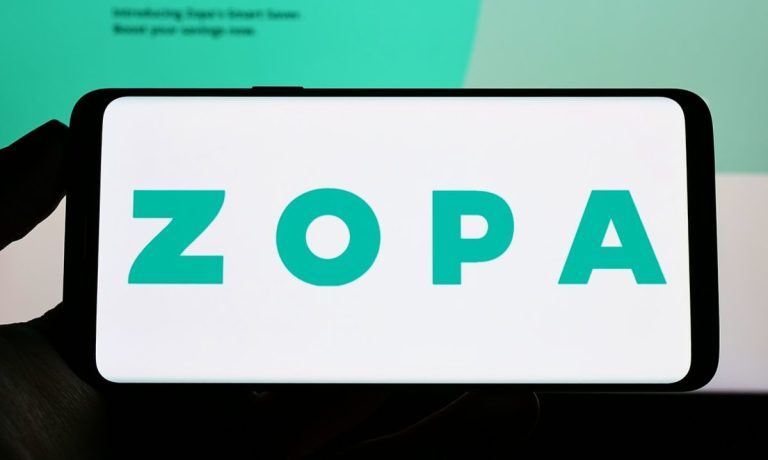UK Digital Bank Zopa Unveils BNPL Offering

Digital bank Zopa is hoping to capitalize on the United Kingdom’s buy now, pay later (BNPL) market — worth 6 billion British pounds (about $7.5 billion) — with a new suite of regulated products of its own, according to published reports Wednesday (June 8).
The BNPL service will be offered for larger purchases — between 250 pounds and 30,000 pounds (about $313 and $37,700) — that might otherwise typically take customers months or years of saving, IBS Intelligence reported.
“Against a backdrop of global financial uncertainty, Zopa is entering the buy now, pay later space to make instant, yet responsible lending decisions with products that are sustainable and fit for purpose,” Zopa Chief Commercial Officer Tim Waterman said in the report. “Zopa is ushering in the era of BNPL 2.0, a regulated evolution of BNPL.”
The company plans a staggered launch for the offering, beginning with BNPL retail finance for merchants through B2BC partnerships, followed by a consumer offering after new regulation has been enacted, according to the report.
The BNPL industry has been in the regulatory spotlight in the U.K. since 2021, when the British Treasury began consulting to determine whether regulation is needed.
Read more: Klarna Seeks to Appease UK Regulators With Credit Reporting
The treasury’s findings could come later this year and might trigger a new consultation, this time from the Financial Conduct Authority (FCA), to regulate BNPL providers.
Zopa has said it will only offer affordable credit by conducting credit checks and affordability tests for its customers and will provide tools to help customers reduce their debt.
“We combine the seamless customer journeys and best-in-class digital UX offered by traditional BNPL players alongside the ability to underwrite longer, larger loans in a way that fully meets regulatory requirements,” Waterman added, per the IBS Intelligence report.
Earlier this week, Splitit CEO Nandan Sheth told PYMNTS that while paying in installments will always be popular, the current economics of the pure-play model just don’t make sense.
See more: BNPL Rethinks Model as Trying Times Strain Customers’ Wallets